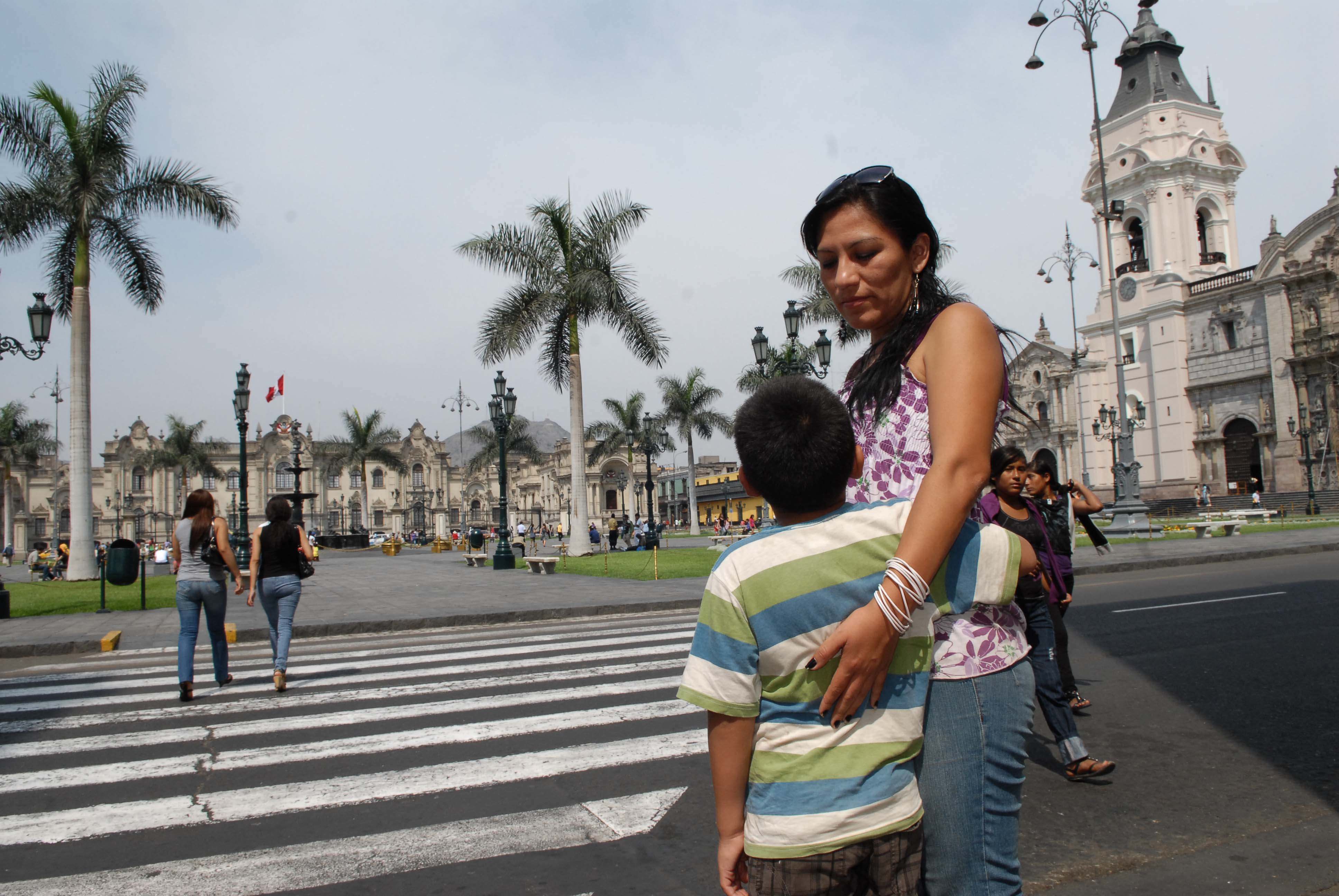Aware that diarrhea can kill a baby, Diana Canessa went straight to Lima's public hospital for children when her infant son, Fabricio, became sick. There, in the emergency room, a nurse made an offer: free oral rehydration therapy for him, and free diapers and food for her. Panicky, cash strapped, down to her last diaper and aware of the stakes, she didn't think twice.
She was taken to another waiting room where a doctor came out to explain that her son could receive a free solution of water mixed with a powder made from rice, a solution that could stop his bowels from spewing out life-sustaining liquids. All she had to do was sign something, a four-page document with words she didn't understand.
"They told me Apurate mamita. Apurate," she said. Hurry, mother. Hurry.
The doctors treated Fabricio for two days. Diana – who says she works as a dancer and lives with her mother because she can't afford to pay rent – was treated well. She got free breakfast and dinner. The people running the clinical trial brought free diapers and a cream for chapped bottoms. They took care of her taxi fare. But when the diarrhea returned a week or so later, they told her only to change the baby's diet and sent her away with a toy ball and more cream. Finally, the diarrhea stopped, but other problems developed.
"It was always something," she said. Coughs, sore throat, upset stomach, allergies.
Then, weeks after the last hospital visit, she stepped into a local restaurant and saw a doctor being interviewed on the television news, something about a lawsuit and a study involving babies with diarrhea and an experimental transgenic rice solution made in the United States. She ran back home and reread the copy of the form she had signed. Frightened, she sent an email to the news station. A reporter showed up the next day, read the incomprehensible parts and immediately took her to meet the doctor she had seen on the television and his lawyers.
As medical research spreads across cultures, what constitutes informed consent? Are there conditions under which informed consent may be waived? Or is it an ethical absolute? The answer, I would learn, is at the heart of an international debate over medical ethics in the developing world.
But for many Latin Americans who become involved in this sort of clinical testing, there is no debate. Poor. Undereducated. Stressed by emergency. Sign here.
